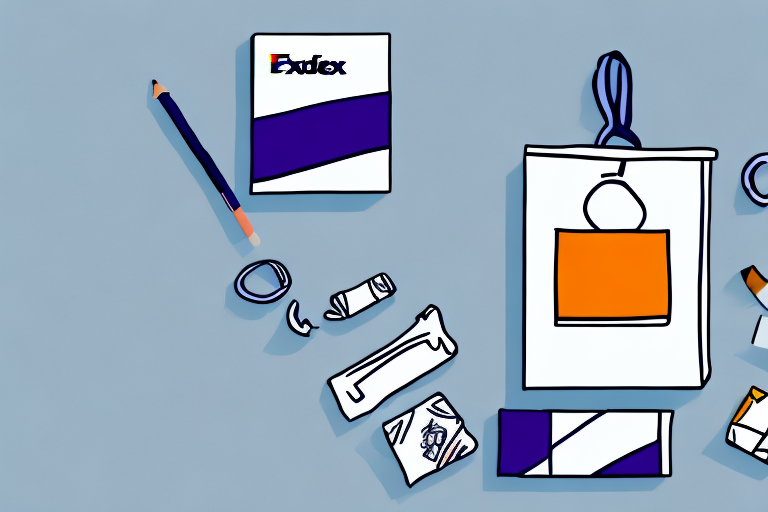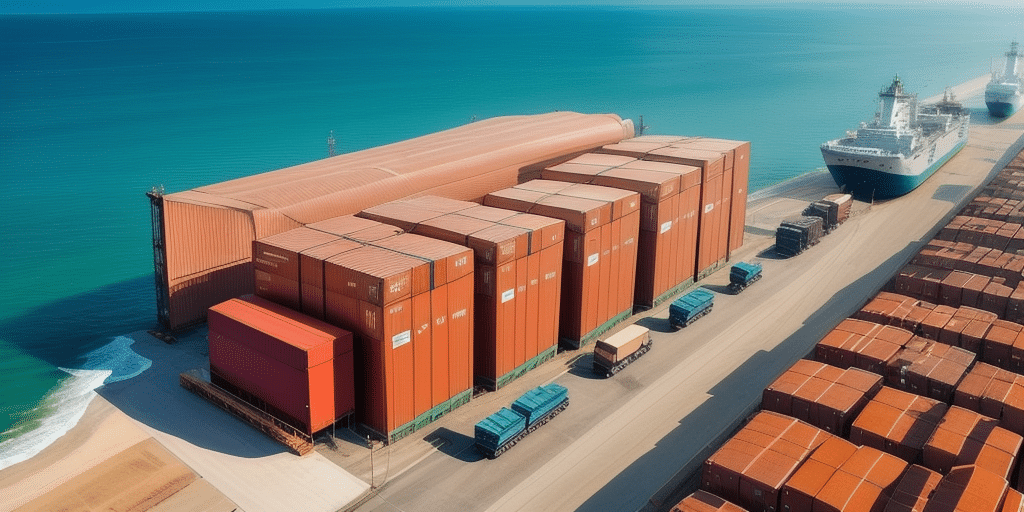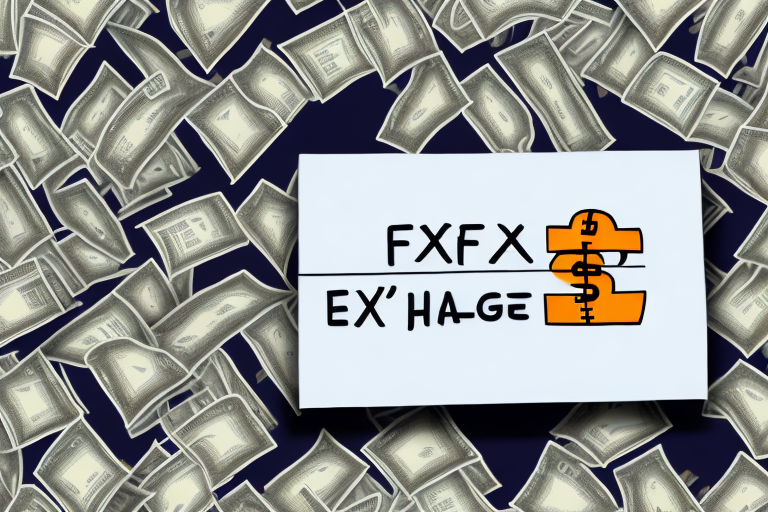Understanding the Maximum Declared Value for FedEx Shipments
If you are shipping with FedEx, it’s crucial to understand the Maximum Declared Value for your shipments. This concept directly affects both the cost and insurance coverage provided by FedEx. In this comprehensive guide, we will explore everything you need to know about declaring the maximum value for your FedEx shipments.
What is the Maximum Declared Value?
The Maximum Declared Value represents the highest amount you can declare for the contents of your shipment. This declared value is used to calculate the shipping cost and determine the insurance coverage that FedEx will provide in case of loss or damage. It is important to clarify that the maximum declared value does not necessarily reflect the actual value of your shipment.
Restricted Items
Certain items cannot be shipped with a declared value, including cash, precious stones, and antiques. Additionally, FedEx may require extra documentation or proof of value for high-value items. Always refer to FedEx’s shipping guidelines to ensure compliance when shipping valuable goods.
Calculating the Maximum Declared Value
Factors Influencing Declared Value
The maximum declared value is calculated based on the weight and type of your shipment. For domestic shipments, the standard maximum declared value is typically $50,000 per package. However, for international shipments, the maximum varies depending on the destination country and the nature of the goods.
Using the FedEx Shipping Calculator
To determine the appropriate declared value for your shipment, you can utilize the FedEx online shipping calculator. This tool helps you identify the maximum declared value based on your specific shipment details and destination.
Importance of the Maximum Declared Value
Impact on Shipping Costs
The declared value significantly influences the shipping fees. A higher declared value typically results in increased shipping costs due to the enhanced insurance coverage required by FedEx. Conversely, a lower declared value reduces the shipping expense but may limit your insurance coverage.
Insurance Coverage
The declared value determines the level of insurance coverage FedEx provides. In the event of loss or damage, FedEx will reimburse you up to the declared value. If your shipment’s actual value exceeds the declared maximum, you might need to purchase additional insurance to cover the entire value.
Impact on Shipping Costs
Cost Implications of Declared Value
Declaring a higher value increases your shipping costs, but this also ensures that you are adequately protected. For example, according to [FedEx’s 2023 Shipping Rate Report](https://www.shipscience.com/fedex-rate-report), shipments with higher declared values can see a cost increase of up to 15% depending on the shipment’s size and destination.
Customs Regulations
International shipments are subject to customs regulations that may impose restrictions on the maximum declared value for specific goods. Non-compliance can lead to delays, fines, or even seizure of the shipment. Always verify the destination country’s customs policies before declaring your shipment’s value.
Tips for Setting the Appropriate Declared Value
Assessing the Actual Value
When setting the declared value, consider the actual value of the items being shipped. Declaring the true value ensures adequate protection and reimbursement in case of loss or damage. Additionally, consider the cost-benefit analysis of higher insurance against the shipping costs.
Destination-Specific Regulations
Research the customs regulations of your shipment’s destination. Understanding these rules helps in setting an appropriate declared value and avoiding potential complications during transit.
Protecting Your Shipment with a High Declared Value
Enhanced Packaging
For high-value items, use double-walled boxes or reinforced packaging to provide extra protection. Incorporate cushioning materials like bubble wrap, packing peanuts, or foam inserts to safeguard your items against damage during transit.
Secure Shipping Methods
Opt for shipping methods that offer enhanced tracking and security features, such as signature confirmation or restricted delivery. These options ensure that your shipment is delivered only to the intended recipient, reducing the risk of loss or theft.
Additional Insurance Coverage
Consider purchasing additional insurance beyond FedEx’s standard coverage. Options include declared value coverage or private insurance policies that offer comprehensive protection for high-value shipments.
Common Mistakes to Avoid When Setting the Declared Value
Over-Declaring Value
Declaring a value significantly higher than the actual value can lead to unnecessary shipping fees and insurance costs without providing proportional benefits. Ensure that your declared value accurately reflects the shipment’s worth.
Under-Declaring Value
Under-declaring the value may result in insufficient insurance coverage. In the event of loss or damage, you may not receive adequate compensation, leading to financial loss.
Accurate Description of Contents
Provide a precise and truthful description of the shipment’s contents. Inaccurate descriptions can cause delays, customs issues, or even the return of the package, as well as complicate potential insurance claims.
Understanding FedEx's Insurance Coverage for High-Value Shipments
FedEx Standard Liability
FedEx offers limited liability coverage based on the shipment’s weight and declared value. This is usually sufficient for standard shipments but may not cover high-value items adequately.
Additional Insurance Options
For greater protection, FedEx provides options such as Declared Value Coverage, which allows you to declare a higher value and purchase additional insurance. Alternatively, you can opt for a private insurance policy that covers the full value of your shipment, including benefits like coverage for lost or stolen packages.
Documentation and Claims
Maintain records of the shipment’s actual value, including receipts and appraisals. These documents are essential when filing an insurance claim with FedEx, ensuring you receive appropriate reimbursement for any loss or damage.
What Happens if Your Shipment Exceeds the Maximum Declared Value?
If your shipment’s value exceeds the declared maximum and is subsequently lost or damaged, FedEx will only reimburse up to the stated declared value. This discrepancy can lead to substantial financial loss, especially for high-value items. To mitigate this risk, consider purchasing additional insurance to cover any potential shortfall between the declared and actual value.
Conclusion
Understanding and correctly setting the Maximum Declared Value for FedEx shipments is essential for protecting your valuable goods and managing shipping costs effectively. By accurately assessing your shipment’s value, adhering to customs regulations, and utilizing appropriate insurance options, you can ensure that your items are adequately protected during transit.
Remember to review FedEx’s shipping policies regularly, as guidelines and maximum declared values may change over time. Keeping accurate records and properly packaging your shipments further enhances the safety and security of your valuable items.




















